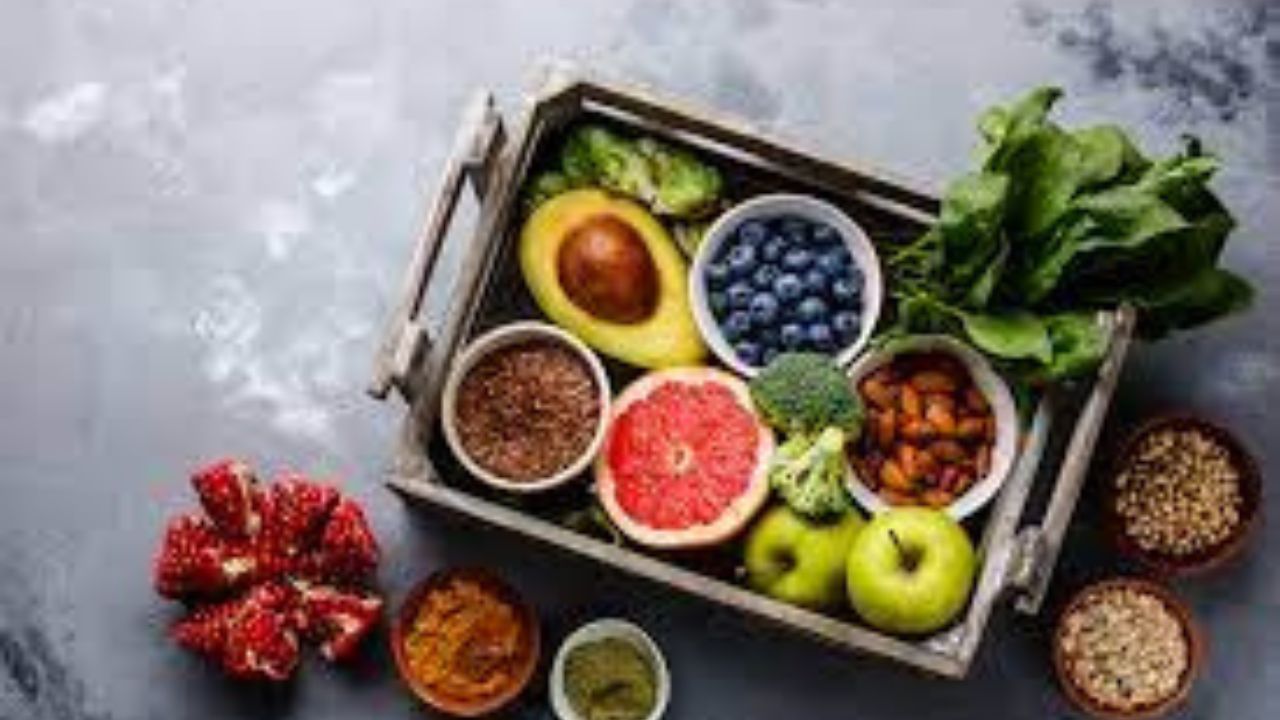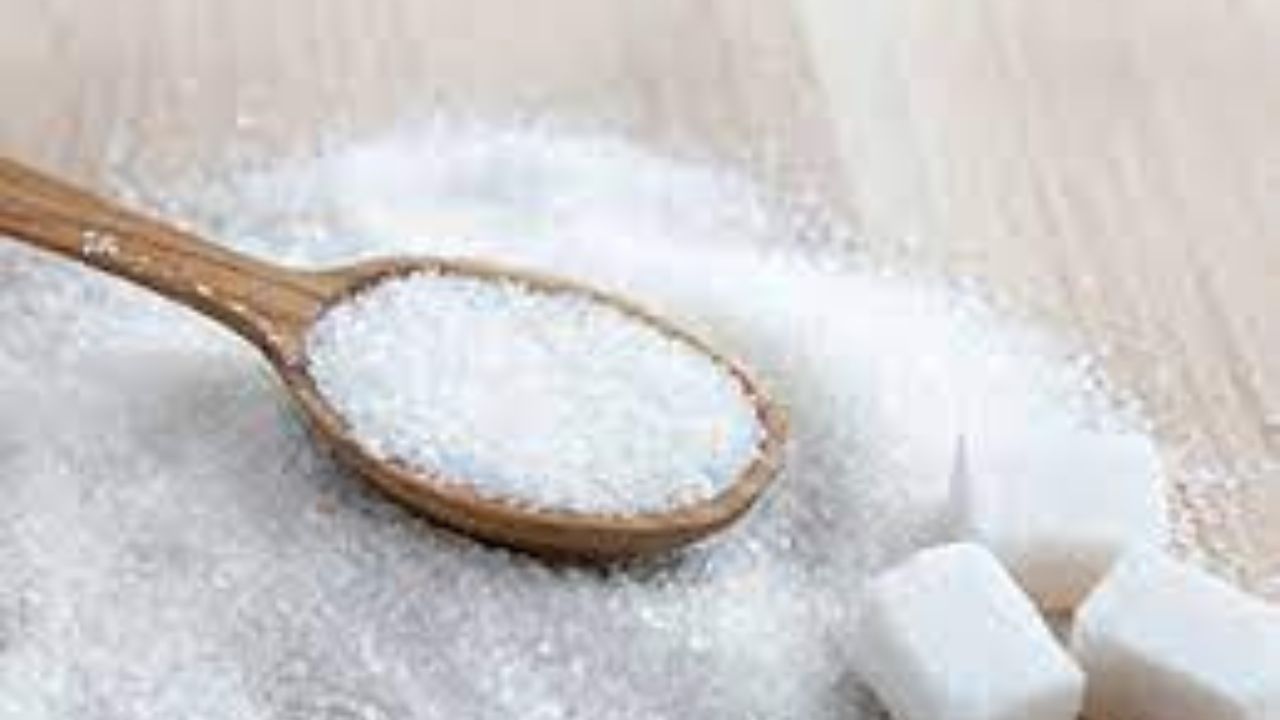Vegetable Juice
Vegetable juice is a nutritious beverage made by extracting the liquid from various vegetables. It is an excellent way to increase your intake of essential vitamins, minerals, and antioxidants. Vegetable juice can be enjoyed on its own or mixed with other ingredients to create a refreshing and healthful drink. Here are some key points about vegetable juice:
Nutrient-Rich:
Vegetable juice is a concentrated source of nutrients, providing vitamins like vitamin A, vitamin C, and various B vitamins, as well as minerals like potassium, magnesium, and folate. It’s also rich in antioxidants, which can help protect your cells from damage caused by free radicals.


Low in Calories:
Most vegetable juices are relatively low in calories, making them a good option for those looking to maintain or lose weight while still getting essential nutrients.
Hydration:
Vegetable juices can help keep you hydrated due to their high water content, which is essential for overall health and bodily functions.


Improved Digestion:
The fiber in vegetables is often removed during the juicing process, which can make the nutrients more easily absorbed by the body. This can be helpful for individuals with digestive issues who struggle to tolerate fiber.
Promotes Vegetable Intake:
Many people find it easier to consume a variety of vegetables in juice form, which can be especially helpful for those who have difficulty eating enough vegetables in their whole form.


Potential Health Benefits:
Drinking vegetable juice regularly has been associated with various health benefits, including improved blood pressure, reduced risk of chronic diseases, and better skin health.
Versatility:
You can create a wide range of vegetable juice combinations by mixing different vegetables and adding herbs and spices for flavor. Popular choices include carrot, beet, spinach, kale, cucumber, celery, and bell pepper. You can also add fruits like apples or citrus for a touch of sweetness.


Freshness Matters:
To maximize the nutritional benefits of vegetable juice, it’s best to make it fresh at home using a juicer or blender. Store-bought vegetable juices may contain added sugars, preservatives, or have a reduced nutrient content due to processing and storage.
Limiting Sugar:
Be mindful of adding high-sugar fruits in excess to your vegetable juice, as this can increase the sugar content. If you have concerns about sugar intake, consider using lower-sugar fruits or vegetables for sweetness.


Dietary Considerations:
People with certain dietary restrictions or medical conditions (e.g., diabetes) should monitor their carbohydrate intake and consult with a healthcare professional or registered dietitian for personalized guidance on vegetable juice consumption.
Remember that while vegetable juice can be a healthy addition to your diet, it should not replace whole vegetables entirely. A balanced diet that includes a variety of whole foods provides the broadest range of nutrients and dietary fiber necessary for overall health. Vegetable juice can complement your diet by boosting your nutrient intake and providing hydration and refreshment.
Specific Content Keywords : Vegetable juice,Juicing,Healthy drinks,Nutrient-rich,Green juice,Detoxification,Fresh vegetables,Blender
Juicer,Raw vegetables,Vitamins,Minerals,Antioxidants,Phytonutrients,Fiber,Weight loss,Digestive health,Immune system,Hydration,Low-calorie,Vegetable juice recipes,Celery juice,Carrot juice,Beet juice,Spinach juice,Kale juice,Cucumber juice,Tomato juice,Bell pepper juice,Broccoli juice,Ginger juice,Turmeric juice,Green smoothie,Juice cleanse,Vegetable juice benefits,Homemade juice,Vegetable juice for kids,Juicing for health,Vegetable juice and inflammation,Vegetable juice and skin health.

